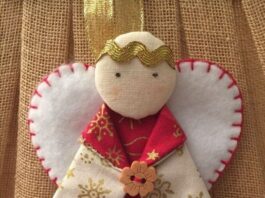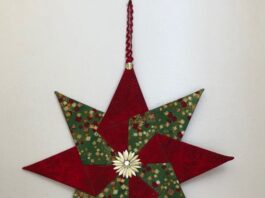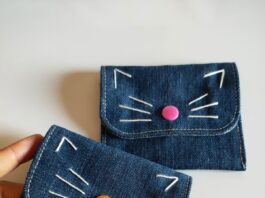When it comes to artistic expression and crafting, quilting stands out as an art form that not only warms the body but also the heart.
A well-crafted quilt is not just a covering but a carefully woven narrative of fabrics, colors, and patterns. Among the most charming and popular quilts is the “Animal Quilt,” an ode to wildlife and the beauty of nature.
In this article, we will explore the history, technique, and beauty of these unique quilts, delving into a world where animals come to life through needles and threads.
The Charm of Animal Quilts
Animals have always played a central role in the human imagination. Since ancient times, they have been depicted in paintings, sculptures, and, of course, fabrics.
Animal quilts capture this ancestral fascination, allowing artisans to tell engaging stories through pieces of fabric.
From majestic lions to delicate butterflies, these quilts celebrate the diversity of wildlife and invite the viewer to connect with nature in a unique way.
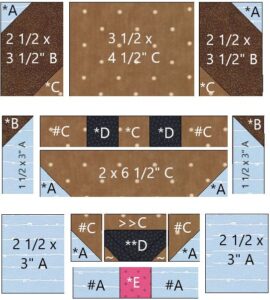
A Journey through the History of Animal Quilts
The history of animal quilts dates back centuries, when people sought ways to preserve warmth and tell stories through their textile creations.
In cultures around the world, we find examples of quilts adorned with images of animals significant to those who created them.
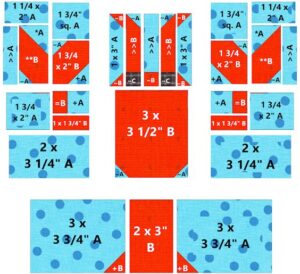
From the geometric patterns of Amish quilts, which occasionally feature farm animals and birds, to traditional Hawaiian quilts, known as “kapa moe,” which often showcase marine animals and exotic birds, the presence of animals in quilt art is truly global.

Technique and Creativity: Building an Animal Quilt
Creating an animal quilt is a journey that requires skill, patience, and imagination. Artisans begin by choosing a design or pattern that represents the animals they wish to portray.
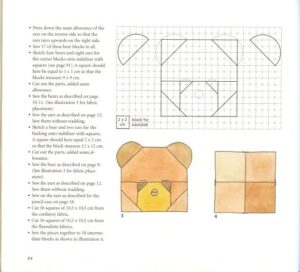
This can range from realistic representations to more abstract and stylized interpretations. They then carefully select fabrics, considering not only the colors but also the textures and prints that will help bring the animals to life.
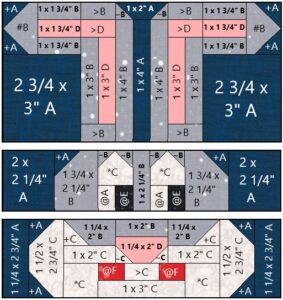
The assembly process involves cutting the fabrics into shapes that form the parts of the animal, such as body, head, legs, and tail. These pieces are then sewn together into blocks, which are, in turn, combined to form the complete quilt.

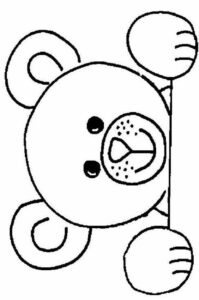
The final step involves adding decorative details, such as embroidery for eyes and noses, and quilting to enhance the contours and textures.
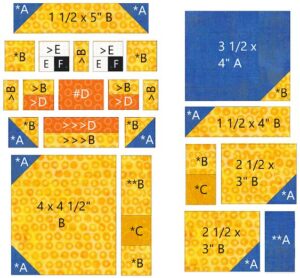
The Meaning Behind Animal Quilts
Beyond their aesthetic beauty, animal quilts carry with them a depth of symbolic meaning. For many, they represent a connection to nature and an appreciation for wildlife and its importance to the balance of the natural world.

In indigenous cultures, animals often play spiritual and mythological roles, and quilts that depict them may be seen as a way to honor these traditions and teachings.

For others, animal quilts can evoke feelings of nostalgia and comfort, reminding them of past moments exploring nature or sharing stories around a campfire.
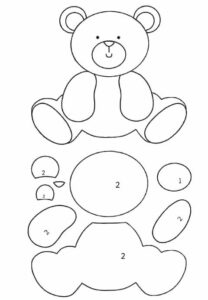
Regardless of the personal meaning attributed to these pieces, it is undeniable that they have the power to touch the hearts and minds of those who behold them.
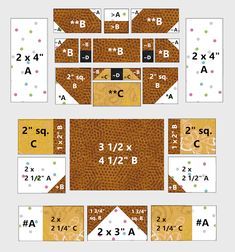
The animal quilt is much more than a simple decorative or utilitarian object. It is an expression of love for wildlife, artistic skill, and cultural tradition.
Over the centuries, these quilts have warmed hearts, told stories, and connected people from all backgrounds through their timeless beauty.
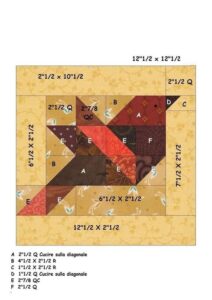
May they continue to inspire and enchant future generations, keeping alive the magic of animals in our lives and in our homes.

